Mortal threat: Reforming education to check extremism
Afghan govt setting up Islamic seminaries to attract students going to Pakistan, K-P govt reforming syllabus.
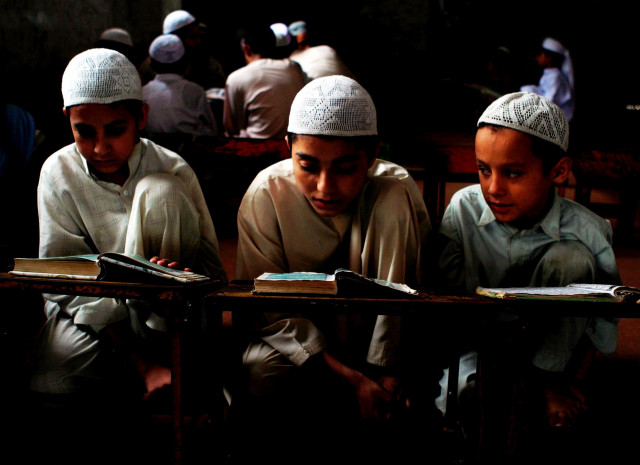
Mortal threat: Reforming education to check extremism
The Afghan government is setting up Islamic seminaries to attract students, who cross over to Pakistan for religious schooling, while on this side of the Durand Line the Khyber-Pakhtunkhwa government is engaged in reforming the syllabus in the province.
Last week, the Afghan government announced that large Islamic seminaries (madrassas) will be set up in each zone to attract students who now go to Pakistan for religious schooling.
After the invasion of Afghanistan by US-led forces, Pakistan came under pressure from Washington to expel Afghan students from madrassas located on Pakistan’s side of the Durand Line. In 2002, administrators of more than 1,750 madrassas in Khyber-Pakhtunkhwa were told to stop admitting Afghan students or face closure.
Pakistan expelled thousands of Afghan students from its madrassas under US pressure after 9/11. However, still hundreds of students are studying illegally in madrassas in Khyber-Pakhtunkhwa and Balochistan.
The Jamia Haqqania near Nowshera and Jamia Binoria in Karachi are two of the top madrassas in Pakistan that have admitted thousands of youngsters from Afghanistan for an eight to 12-year graduation programme. Jamia Haqqania is also known as a ‘nursery of Mujahidden’.
Maulana Jalaluddin Haqqani – the head of the Haqqani network of militants also happens to be a student of Jamia Haqqania. The Afghan Taliban leaders who had studied in Jamia Haqqania and Jamia Binoria and other madrassas are still a source of inspiration for most students in these seminaries.
According to an official study, Pakistan with an estimated 16,000 to 18,000 madrassas is considered to have the largest number of such schools among Muslim countries.
Meanwhile in Khyber-Pakhtunkhwa, the Textbook Board is working on a project to delete all Jihadi subjects from educational syllabus. The Board Chairman Fazalur Rahim Marwat told The Express Tribune that the school to college level syllabus is being revised to remove matter which preaches hatred, violence and extremism.
“Verses from the Quran which encourage jihad are being replaced with those verses that preach harmony, esteem and care for humanity,” he said, adding that “the matter that spread hatred, disgust and religious fanaticism has already been removed from the syllabus to a large extent.” Work is still in progress to remove all such matter that poisons the minds of youngsters and pushes them towards violence.
“Students should know the difference between holy jihad and the one being preached by religious extremists. Holy Jihad is one of the pillars of Islam and an important religious duty among Muslims. But the extremists have invoked their jihad as an excuse for violence, suicide attacks and bombings, to kill those they consider to be the enemies of Islam and Muslims,” he said.
Marwat said that in the past, school books played a key role in spreading hatred against non-Muslims, particularly against Hindus. “But we have removed all such material from our schools and college books,” he said.
“History has been distorted in school books, which portray Muhammad bin Qasim as a hero and Raja Dahir as a villain,” he said. “Raja Dahir was not a bad ruler as is portrayed by such authors,” he added.
“We want to help students become good citizens and good human beings, who can contribute to national as well as regional and global development,” he said.
The books published by the Board highlights the peace-loving ideology of Muslim leaders of Pakhtunkhwa, such as Khan Abdul Ghafar Khan, commonly known as Bacha Khan, Haji Sahib Turangzai and Sahibzada Abdul Qayyum Khan and Rehman Baba, who preached non-violence and condemned extremism. The syllabus revision process was set in motion in 2008 when Marwat became chairman of the Textbook Board. The programme will continue for another 15 months.
Published in The Express Tribune, January 15th, 2011.


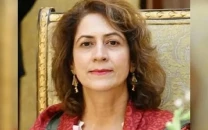

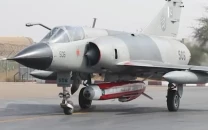
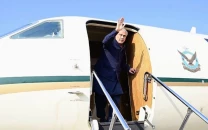
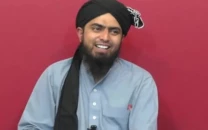




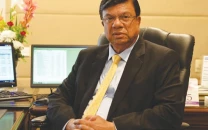







COMMENTS
Comments are moderated and generally will be posted if they are on-topic and not abusive.
For more information, please see our Comments FAQ